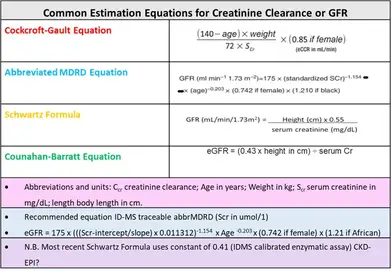How to calculate percentage of calories from fat

When it comes to understanding our diet and making healthier choices, it’s essential to know how many calories we’re consuming and what percentage comes from fat. Calculating the percentage of calories from fat can help us strike a balance in our diet and stay on track with our fitness goals. In this article, we’ll walk you through the process of calculating the percentage of calories from fat.
Step 1: Determine Total Calories
First, you need to determine the total number of calories in the food item you’re analyzing. You can find this information on the nutritional label or search for it online if it’s not available on the packaging. Let’s call this number ‘total_calories.’
Step 2: Find Grams of Fat
Next, find out how many grams of fat are in the same serving size as the total_calories you determined earlier. This information can also be found on the nutrition label or through a quick online search. We’ll call this ‘grams_of_fat.’
Step 3: Calculate Fat Calories
Now, you need to convert grams_of_fat into calories from fat. To do this, multiply grams_of_fat by 9, as there are nine calories per gram of fat.
Fat_calories = grams_of_fat * 9
Step 4: Compute Percentage
Finally, divide Fat_calories by total_calories and multiply by 100 to find out the percentage of calories coming from fat.
Percentage_of_calories_from_fat = (Fat_calories / total_calories) * 100
Now that you have your answer let’s walk through an example:
Consider a food item with a total of 200 Calories and containing 10 grams of fat.
1. Total Calories = 200
2. Grams of Fat = 10
3. Fat Calories= Grams_of_fat * 9 = 10 * 9 = 90
4. Percentage of calories from fat = (Fat_calories / Total_calories) * 100 = (90 / 200) * 100 = 45
So, in this case, the percentage of calories from fat is 45%.
Understanding the percentage of calories from fat and how it affects our diet is crucial to maintaining a healthy lifestyle. By following these steps, you can calculate the percentage of calories from fat for any food item and adjust your diet accordingly. Please keep in mind that dietary recommendations may vary based on individual needs, so consult with a registered dietitian or a health professional if you’re unsure about what’s best for you.






